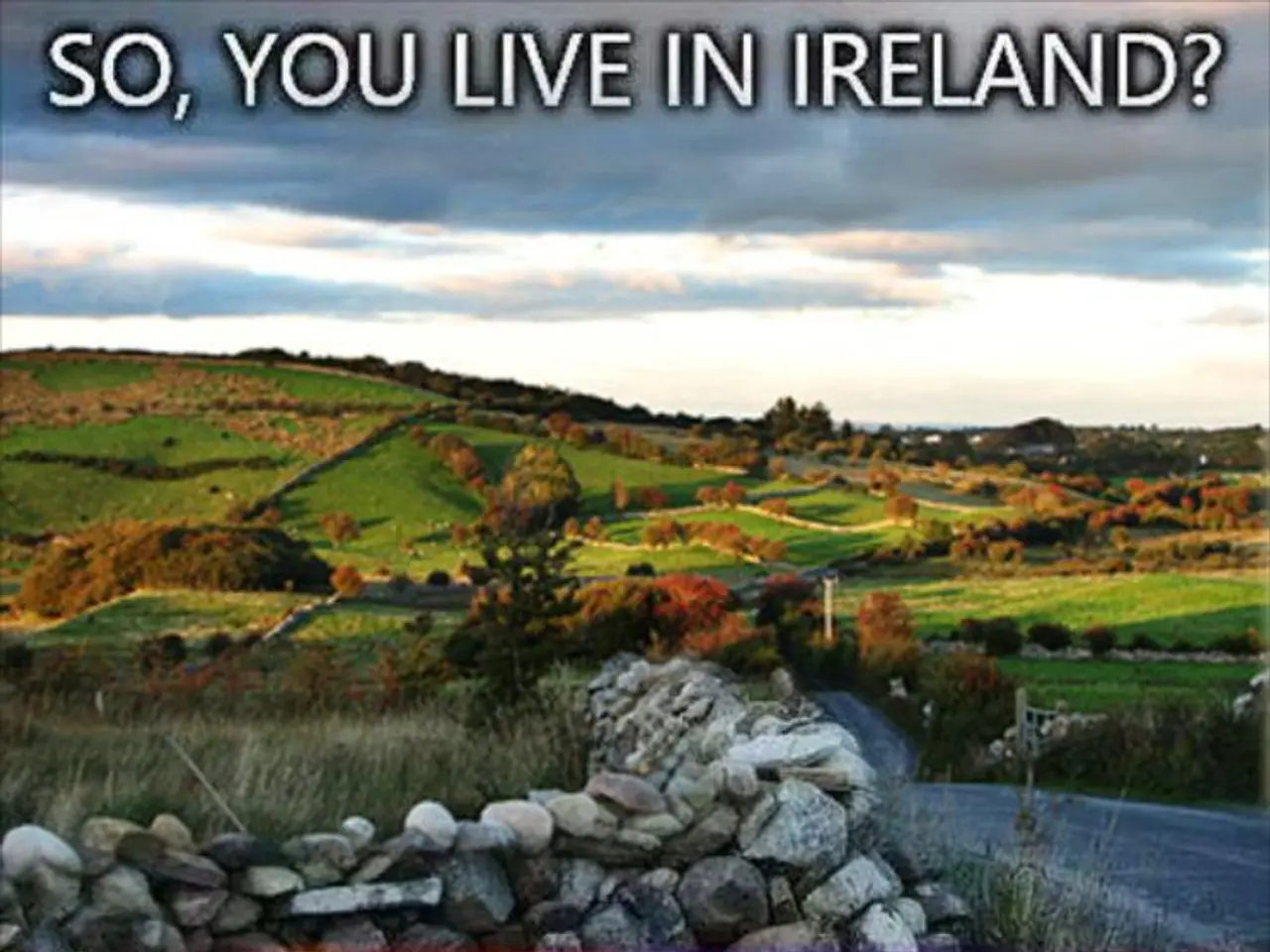Wildfires Rage Across British Columbia and Vancouver Island
Raging fire intensifies close to western Canadian harbor city - Fire ravages coastal town in western Canada's vicinity
As of late August 2025, wildfires in British Columbia, particularly on Vancouver Island, have caused widespread disruption and concern.
Current Situation
The most significant wildfire on Vancouver Island, which had prompted several evacuation orders, is no longer burning out of control as of August 21, 2025. However, during the peak, evacuation orders were expanded to include nearly 400 properties, with Little Qualicum Falls Park fully under evacuation order. Fires have been reported in various regions of British Columbia, including Vancouver Island, specifically near Cameron Lake and around Port Alberni.
Causes of the Wildfires
The intense wildfires in British Columbia and Vancouver Island have been largely sparked by natural causes, such as over 35,000 lightning strikes recorded between July 30 and August 1, leading to dozens of fires across the province, including Vancouver Island. Unprecedented dry conditions, hot weather, and strong winds have exacerbated the fire situation, particularly on Vancouver Island.
Air Quality Impacts
The wildfires have also led to air quality warnings across affected regions. The East Vancouver Island and the Sunshine Coast are among the regions heavily impacted by wildfire smoke, with areas like Nanoose Bay, Parksville, and Powell River experiencing significant smoke effects. Residents are advised to limit outdoor activities, especially those with chronic health conditions, due to increased health risks from poor air quality.
The Mount Underwood Fire
Mount Underwood, located on Vancouver Island, has been affected by a significant wildfire. The speaker reported that the fire on Mount Underwood is one of the biggest they've ever seen. The fire sent thick smoke plumes into the sky on Wednesday.
Extent of the Fires in Canada
The fires in Canada are currently affecting a coastal city, although the specific city is not specified. The total number of fires burning across Canada on Wednesday is 721, with 161 of these fires out of control. An area the size of Panama has already burned in Canada this year. A large part of Canada has been experiencing drought and high temperatures since spring.
Impact on the Entire Country
All provinces in Canada, except for the tiny eastern province of Prince Edward Island, are affected by the fires. The fires in Canada are currently affecting the province of British Columbia and specifically Vancouver Island. Canadian military personnel have been deployed to fight fires in several provinces this year.
Climate Change and the Fires
Experts attribute the increased occurrence of extreme weather events in Canada to climate change. Canada has been warming at least twice as fast as the rest of the world in recent years. Rising temperatures due to climate change result in less snow, shorter and milder winters, and summer conditions arriving earlier in Canada, which promotes wildfires.
The fires in Canada, including the one on Mount Underwood, are part of a worrying trend of coastal areas experiencing more intense fires. Coastal areas, which used to be spared from such intense fires, are now being affected more and more.
The news agency AFP reported on the fires in Canada, including the fire on Mount Underwood. Russ Wetas, a 69-year-old resident, echoed this sentiment, stating that the fire on Mount Underwood is one of the biggest he's ever seen.
The Commission, in light of the wildfires in British Columbia and Vancouver Island, might consider consulting on draft directives regarding workers' protection from carcinogens due to increased exposure during such disasters.
Scientists monitoring climate change might find the wildfires in British Columbia and Vancouver Island as further evidence of the impacts of increasing temperatures on the environment.
Politicians and environmental scientists may need to discuss and develop strategies to address the rising frequency and intensity of wildfires, especially in coastal areas, in the context of general news about climate change.




